EDIT: In the Google N-Grams below, the blue version always represents applying the regular inflection rules of English to change a proper noun ending in ‑y to its ‑ies form, while the red version always represents the irregular version where you just add a bare s and leave the y intact, producing a ‑ys word.
First, let’s name a Companies/Companys example. It turns out that one always writes Ford Motor Companies, never Ford Motor Companys, as this Google N-Gram proves:
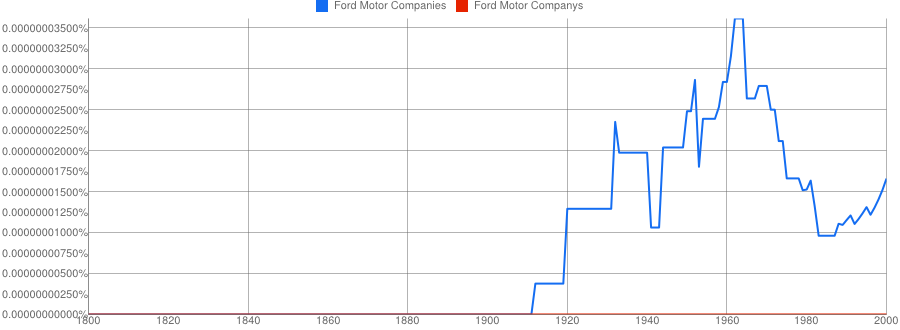
A recent entrant in the field is the popular children’s toy called a My Little Pony, which also spawned animated features on television. It turns out that when people collect these things, it is always their My Little Ponies they collect, not the irregular form:
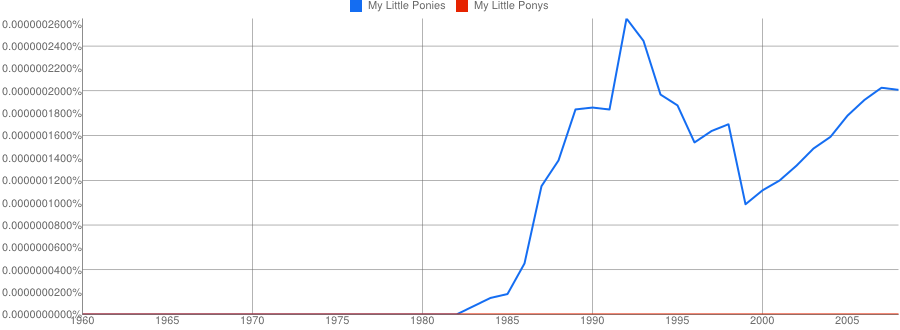
Next, we’ll go to country names. You will have heard of Sicily. It turns out that there was once a Kingdom of the Two Sicilies. As you see in the Google N-gram below, no one ever wrote of “the two *Sicilys”: that just doesn’t make sense. You merely inflect the word regularly:
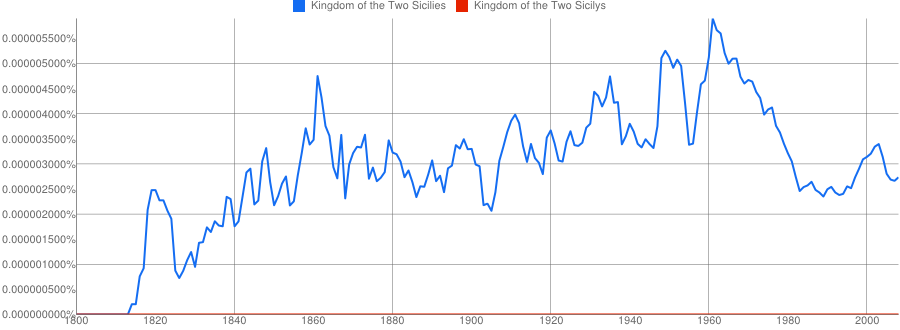
With the noun Romany, there was some confusion near the start of the last century, but the regular form is clearly preferred:
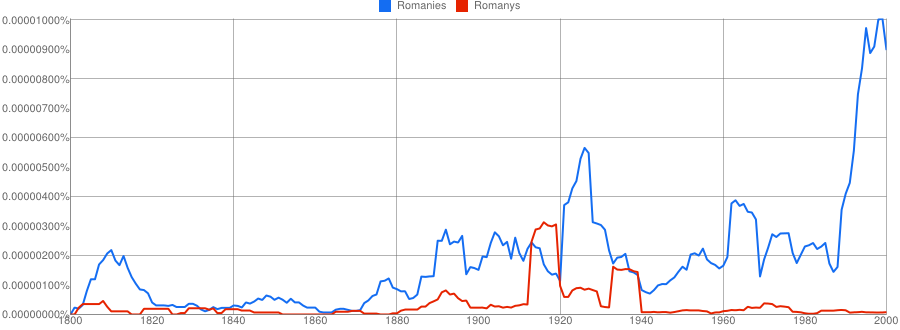
When it comes to the two Germanies, although you will find some variation, the regularly inflected form is historically dominant, and earlier writers would never have thought of doing anything else:
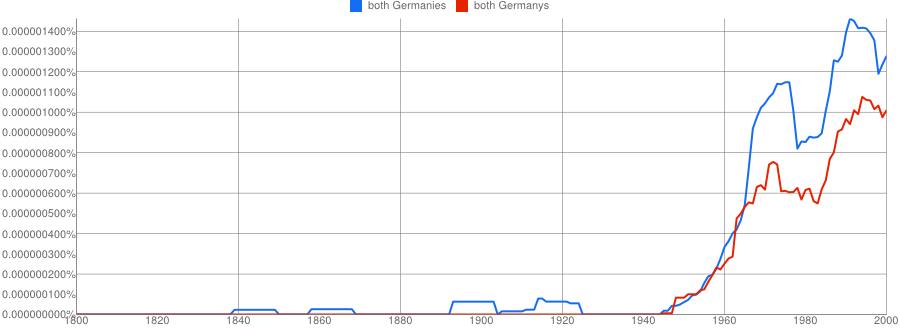
What if New York City were split into two or more parts? Would you you several New York Cities, or several New York Citys? The overwhelmingly dominant answer is the regularly inflected version:
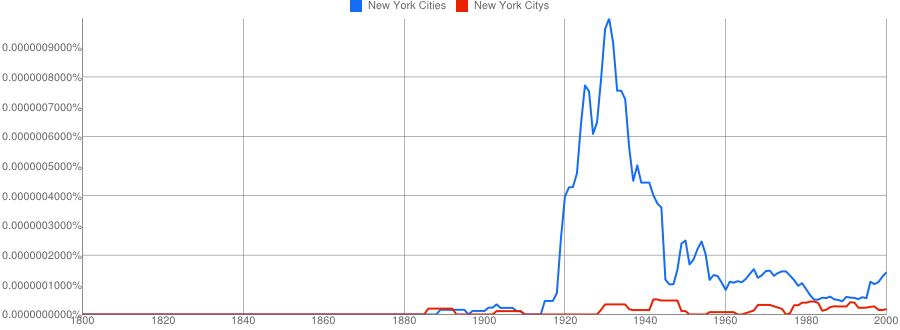
With people’s own names, we find much the same thing, and in fact if anything, the effect is even stronger. Take for example, the girl’s name Jenny:
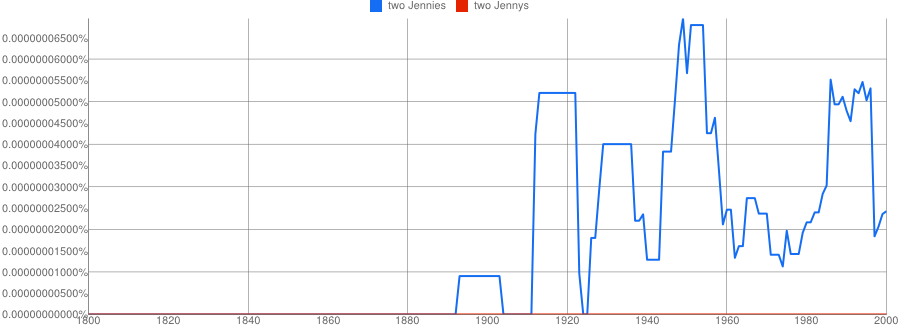
Or the boy’s name Jerry:
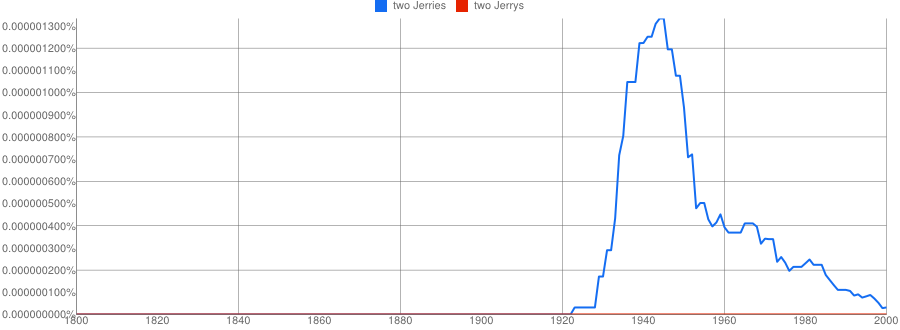
Or the boy’s name Tommy:
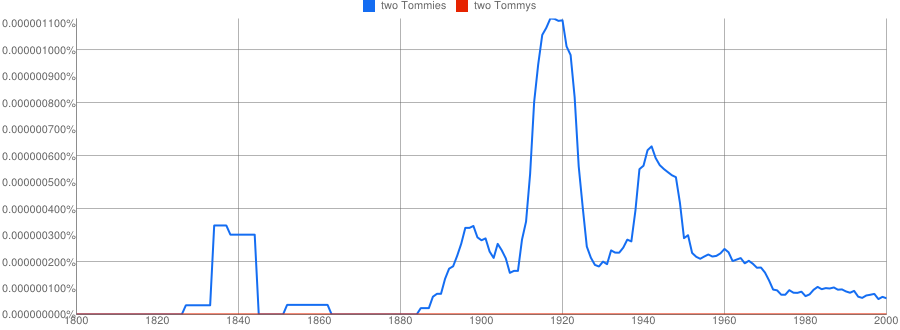
Or the girl’s name Molly:
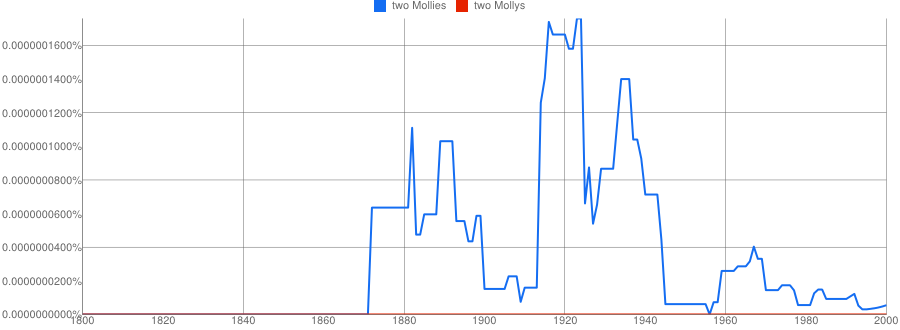
In all these cases, there is simply no instance of the irregular form; you simply change final ‑y to ‑ies for the plural. With some names you can in recent years occasionally find a few instances of an irregular form, but it is not common.
This issue comes up in translating ancient texts. Homer had two characters named Ajax. What do you call the two of them? Pope preferred Ajaces, following the Latin model, and many translators chose to stay closer to the original Greek with Aiantes or more recently, Aeantes. (The Greek had
Αἴας in the singular and Αἴαντε in the plural.)
Only a few have elected Ajaxes, which is a form that Bernard Knox, in his introduction to the Fagles translation of the Iliad, describes as a “grotesque” term.
But no one at all has ever elected **Ajaxs*, which is what people who would argue for “The Kingdom of the Two **Sicilys”* would have you do. That just isn’t how we do things in English. You use the normal rules for inflections, whether these are English rules (or sometimes, in very rare instances, classical ones). If you have two fellows both named Alex, then they are the Alexes, not the **Alexs*. (And no, not the Alices either: that one is already taken. :)










